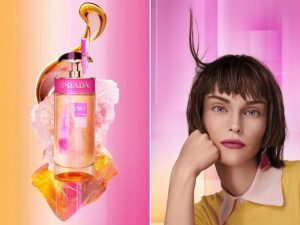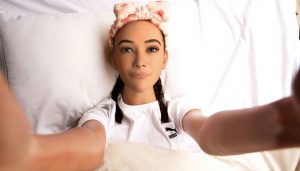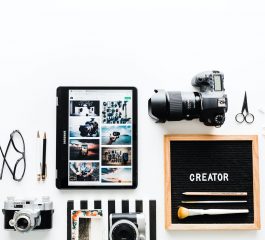There are now over 150 virtual influencers, or avatars, that have made their debut on social media, showing that brands are committed to the future and promise of the next generation of the Internet – the metaverse. In the metaverse, virtual entities will reign supreme, making it possible for influencers and brands to create completely unique digital content, and people, to represent them in the space. Working with meta-influencers will not only allow brands to expand their creative strategy, but will also make them more purpose and community-led, strengthening their engagement with consumers using virtual entities and experiences.
Major consumer brands are already creating virtual or meta-influencers, and are achieving impressive success by doing so.
Read also:
- Get Your Marketing Strategy Metaverse-Ready with These NFT Use Cases
- Web3 and NFTs are Transforming the Influencer Marketing Industry: Here’s Why
One of the best examples comes from the world of fashion. Prada used a computer-generated avatar influencer called Candy to promote their fragrance collection. Prada’s Candy aims to “rethink reality”, offering a variety of advertising formats that include a print ad campaign photographed by Valentin Herfray, a series of short films, and virtual experiences on TikTok, Twitch and Snapchat where she interacts with the perfume bottle, designed by art director Fabien Baron.

Prada’s Candy campaign
This is the brand’s first virtual muse, but it’s not their first avatar-based campaign. In 2018, the brand had the virtual model and musician Lil Miquela, who was designed by the artist Brud, take over their Instagram account for Milan Fashion Week. Lil Miquela was brought to the fashion show and uploaded preview images and behind-the-scenes footage. Prada also “dresses” Lil Miquela in various stylings, engaging their follower base with unique content.
In 2021, the sportswear brand Puma introduced Maya in Southeast Asia to promote the release of its Future Rider sneakers. She’s now one of the major virtual models and influencers in the region, with nearly 8,000 followers.
Maya, Puma’s virtual model in Southeast Asia.
According to Morgan Stanley, NFTs are likely to make up at least 10% of the luxury goods market by 2030, so really it’s only a matter of time before virtual or meta-influencers go mainstream.
Is your brand ready?



